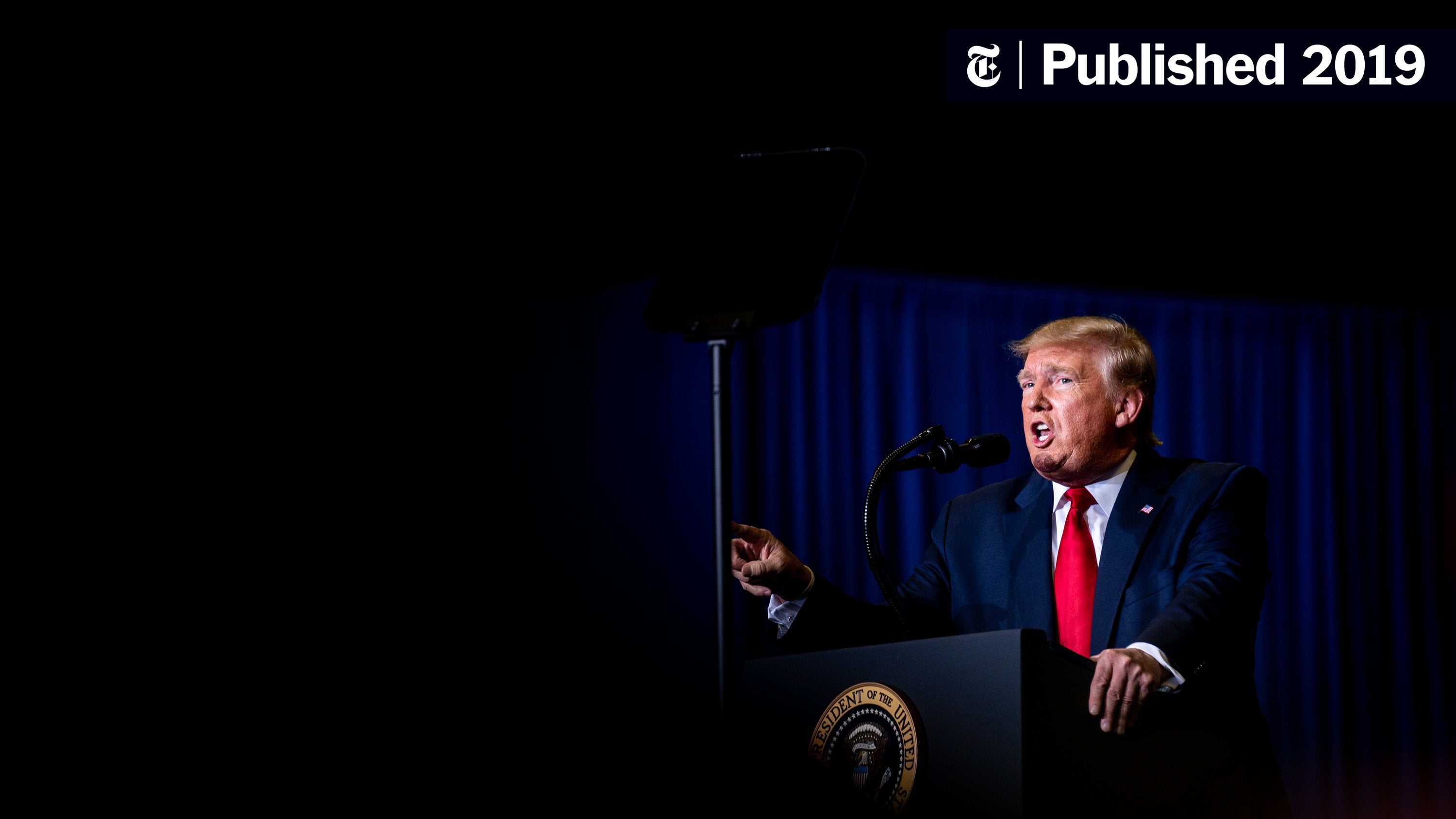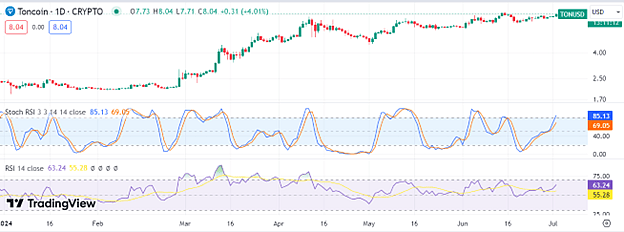Legal Battles Hamper Trump's Immigration Policies

Table of Contents
Challenges to the Travel Ban
One of the most contentious aspects of the Trump administration's immigration policy was the series of executive orders restricting travel from several Muslim-majority countries. These orders, widely referred to as "travel bans," sparked immediate and intense legal battles.
The First Executive Order and Subsequent Revisions
The initial executive order, issued in January 2017, immediately faced widespread condemnation and legal challenges, primarily focused on allegations of religious discrimination violating the First Amendment. The order was temporarily blocked by lower courts, leading to a highly publicized Supreme Court case. The Supreme Court's involvement, while allowing a modified version of the ban, highlighted the deep constitutional concerns surrounding the policy. Subsequent revisions attempted to address some of these concerns, but the underlying rationale continued to fuel legal disputes.
- Supreme Court Cases: Trump v. Hawaii (2018) is a landmark case illustrating the Supreme Court's role in shaping the travel ban's legality.
- Lower court rulings: Numerous lower courts issued injunctions and rulings impacting the implementation of different versions of the ban.
- Policy revisions: The initial order underwent significant revisions, attempting to address legal concerns while maintaining the core objectives.
- Impact on travel: The travel ban created significant disruptions for travelers from targeted countries, leading to family separations and economic consequences.
Ongoing Legal Battles and their Implications
Even after the Supreme Court's decision, legal challenges to the travel ban persisted. These ongoing lawsuits questioned the government's authority to enact such broad restrictions and continued to highlight concerns about religious discrimination and due process. The continuous judicial review process underscored the ongoing tension between national security concerns and fundamental rights.
- Ongoing lawsuits: Numerous lawsuits continued to challenge the ban's scope and application even after its implementation.
- Judicial review process: The judicial review process played a crucial role in shaping the policy's implementation and ultimate impact.
- Effects on national security arguments: The government's arguments based on national security were consistently challenged in court.
The "Zero Tolerance" Policy and Family Separations
The Trump administration's "zero tolerance" policy towards illegal border crossings resulted in the separation of thousands of children from their parents. This draconian measure triggered a firestorm of criticism and extensive legal challenges.
Legal Challenges to Family Separation
The "zero tolerance" policy, implemented in 2018, led to the widespread separation of families at the US-Mexico border. This policy was challenged on humanitarian grounds, raising concerns about the violation of children's rights and the lasting psychological trauma inflicted on families. Numerous class-action lawsuits were filed, highlighting the human rights implications and bringing international condemnation.
- Class-action lawsuits: Several class-action lawsuits sought to reunite families and provide compensation for the harm caused by the separations.
- Humanitarian concerns: International organizations and human rights groups expressed deep concerns about the policy's humanitarian consequences.
- International condemnation: The policy drew sharp criticism from international bodies and governments worldwide.
Long-Term Effects on Immigration Policy
The legal battles surrounding family separation had profound and lasting impacts on US immigration policy. The policy's immense unpopularity sparked a significant shift in public opinion and fueled ongoing debates about border security, human rights, and the ethical implications of immigration enforcement.
- Policy changes: The policy was eventually reversed, but its legacy continues to shape discussions on family detention and border security.
- Public perception: The policy significantly damaged the administration’s public image, leading to widespread criticism and calls for reform.
- Political ramifications: The policy's repercussions resonated through the political landscape, influencing subsequent debates about immigration reform.
DACA and the Fight for Deferred Action
The Deferred Action for Childhood Arrivals (DACA) program, established in 2012, offered protection from deportation to undocumented immigrants who arrived in the US as children. However, the program’s future faced consistent legal uncertainty under the Trump administration.
Legal Uncertainty and the Supreme Court
The Trump administration attempted to rescind DACA, leading to a protracted legal battle that ultimately reached the Supreme Court. The Supreme Court's ruling temporarily preserved DACA, but the program's long-term fate remained uncertain, leaving the lives of hundreds of thousands of DACA recipients in limbo.
- Supreme Court decisions: The Supreme Court's decision in Department of Homeland Security v. Regents of the University of California (2020) temporarily blocked the rescission of DACA.
- Congressional action (or inaction): Congress failed to pass legislation providing permanent protection for DACA recipients.
- Impact on DACA recipients: The legal battles created significant uncertainty and anxiety for DACA recipients and their families.
The Ongoing Struggle for a Legislative Solution
The ongoing legal and political battles surrounding DACA highlight the challenges of achieving bipartisan consensus on immigration reform. Despite significant public support for DACA recipients, the issue remains deeply divisive, demonstrating the profound political complexities of immigration policy in the United States.
- Political gridlock: Political gridlock in Congress has hindered efforts to pass legislation that would provide permanent legal status for DACA recipients.
- Proposed legislation: Various legislative proposals have been introduced, but none have successfully navigated the political hurdles to become law.
- Potential outcomes: The future of DACA remains uncertain, with ongoing legal challenges and the need for legislative action to provide a permanent solution.
Conclusion
The legal challenges surrounding former President Trump's immigration policies significantly limited their implementation and effectiveness. The travel ban, the "zero tolerance" policy, and the fight over DACA all faced intense legal scrutiny, shaping public discourse and ultimately influencing the trajectory of immigration policy. Understanding these legal battles is crucial for analyzing the evolution of immigration policy in the United States. Further research into the ongoing legal ramifications of these policies is vital for comprehending the complexities of immigration law and its impact on the lives of immigrants and the nation as a whole. Continue learning about the legal battles impacting immigration policies to stay informed on this critical topic.

Featured Posts
-
 Understanding The India Market Rally A Deep Dive Into Niftys Performance
Apr 24, 2025
Understanding The India Market Rally A Deep Dive Into Niftys Performance
Apr 24, 2025 -
 The Countrys Hottest New Business Locations A Comprehensive Map
Apr 24, 2025
The Countrys Hottest New Business Locations A Comprehensive Map
Apr 24, 2025 -
 India Market Positive Sentiment Propels Niftys Bullish Run
Apr 24, 2025
India Market Positive Sentiment Propels Niftys Bullish Run
Apr 24, 2025 -
 Why Is The Canadian Dollar Falling Against Major Currencies
Apr 24, 2025
Why Is The Canadian Dollar Falling Against Major Currencies
Apr 24, 2025 -
 How Trumps Presidency Will Shape Zuckerbergs Leadership At Meta
Apr 24, 2025
How Trumps Presidency Will Shape Zuckerbergs Leadership At Meta
Apr 24, 2025
